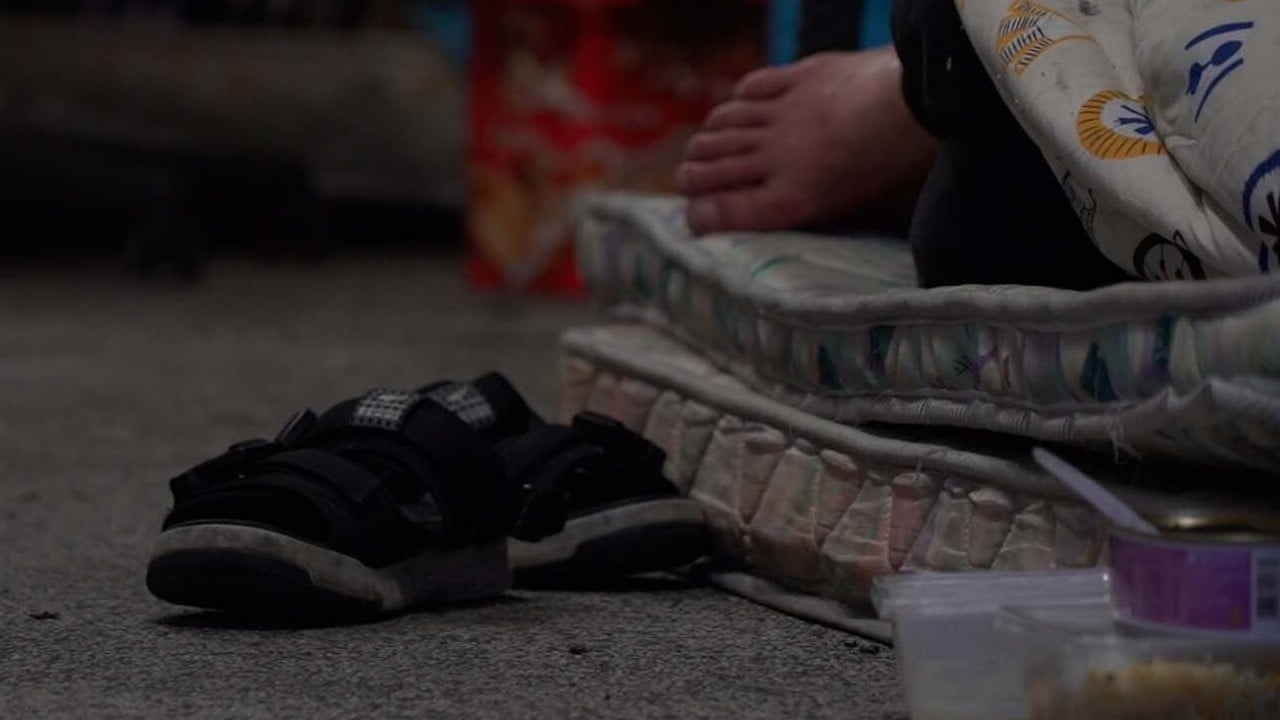
Indifference to Hong Kong’s extraordinary wealth divide evident in civil service pay dispute
- Hong Kong appears to be in a class of its own when it comes to the extremes of wealth and poverty
- Although not in the ‘billionaire excess’ category, civil servants have nevertheless largely cruised through the pandemic, while working families have suffered stagnant wages, furloughs and pay cuts
We had 11 billionaire families for every million people in 2017, compared with just 5.3 in Switzerland, 4.5 in Singapore and a modest 2.3 in the United States. Piketty says the net wealth of these families was equivalent to around 85 per cent of Hong Kong’s GDP, while the level for every other country besides Georgia was less than 30 per cent.
The final compromise of a flat 2.5 per cent rise was politically a little more sensitive, but it still left our handsomely paid policy secretaries with a HK$6,675 (US$850) monthly pay rise compared with HK$550 for entry-level employees. Doubtless they will feel it comes in handy on top of the consumption vouchers, especially backdated to the start of the financial year.
While civil servants have cruised through the pandemic years with assured salaries and guaranteed pensions, Transvision’s Consumer Pulse Survey showed that 66 per cent of people polled in the private sector saw stagnant or falling income. Fifteen per cent were put on furlough, 18 per cent were offered reduced hours, 21 per cent saw forced pay cuts and 27 per cent said they could no longer pay all their bills or loans.
While this difference might seem extreme, it is worth noting that the average CEO at an S&P 500 company reportedly earns around 300 times the salary of their average employee. Whether such huge divides can be justified all comes down to whether those at the top deliver value for their extravagant salaries. I will leave it to the readers to answer that.
Even more important, the perfect economic storm that approaches is going to create grave economic and political challenges over how the pain will be shared, in particular for those already on the edge of poverty. After decades of stagnating income and two years of severe pandemic dislocation, the stresses of inflation and recession point to acute economic hardship for many people and rising resentment against those more fortunate.
In that context, many of the world’s billionaires would do well to take note of Gates’ plans to give away most of his wealth to charity, as well as of Warren Buffett, who has said he will pool most of his fortune with the Bill & Belinda Gates Foundation when he dies. The likes of Jeff Bezos, Elon Musk and Richard Branson, who are throwing whimsical billions into space, might want to pay attention. What else are they going to do with their wealth, anyway?
David Dodwell researches and writes about global, regional and Hong Kong challenges from a Hong Kong point of view


